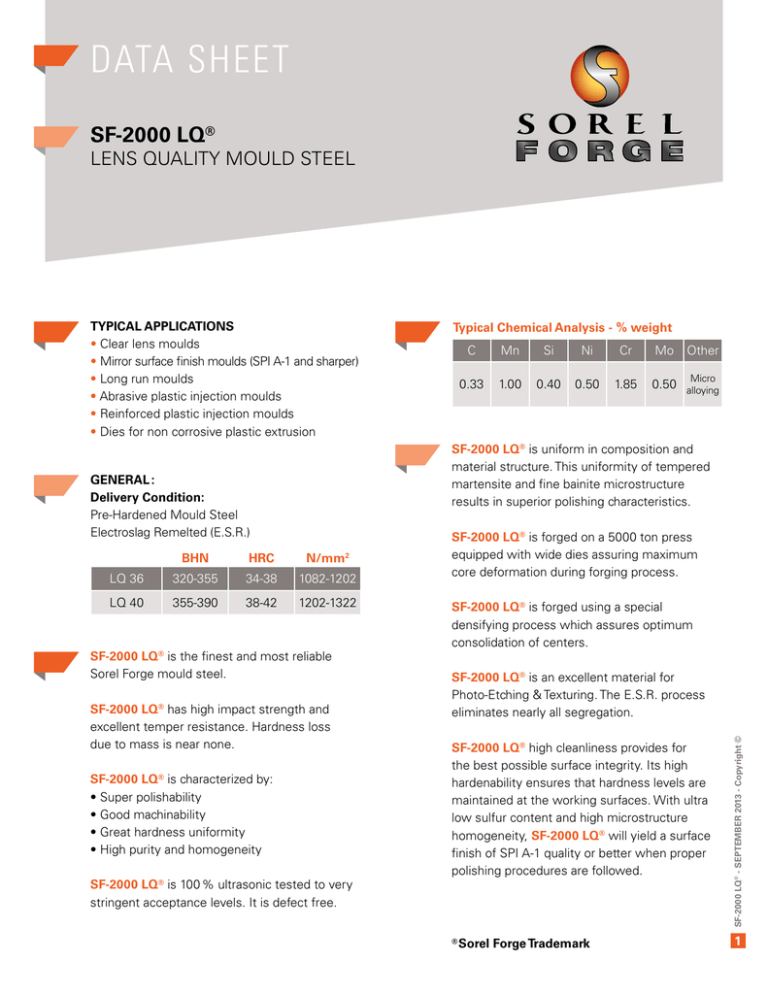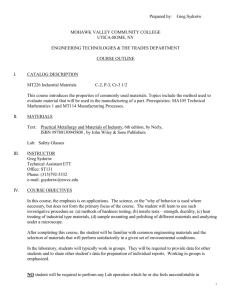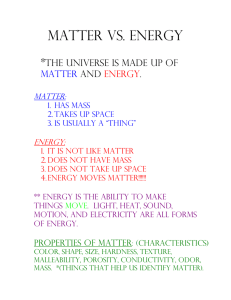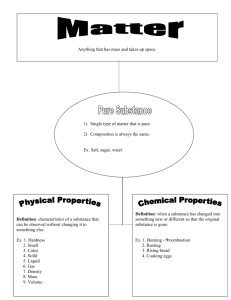SF-2000 LQ - Sorel Forge
advertisement

DATA SHEET SF-2000 LQ® Lens quality mould steel TYPICAL APPLICATIONS • Clear lens moulds • Mirror surface finish moulds (SPI A-1 and sharper) • Long run moulds • Abrasive plastic injection moulds • Reinforced plastic injection moulds • Dies for non corrosive plastic extrusion Typical Chemical Analysis - % weight C Mn Si Ni Cr Mo Other 0.33 1.00 0.40 0.50 1.85 0.50 Micro alloying SF-2000 LQ® is uniform in composition and material structure. This uniformity of tempered martensite and fine bainite microstructure results in superior polishing characteristics. BHN HRC N/mm2 LQ 36 320-355 34-38 1082-1202 LQ 40 355-390 38-42 1202-1322 SF-2000 LQ® is the finest and most reliable Sorel Forge mould steel. SF-2000 LQ® has high impact strength and excellent temper resistance. Hardness loss due to mass is near none. SF-2000 LQ® is characterized by: • Super polishability • Good machinability • Great hardness uniformity • High purity and homogeneity SF-2000 LQ® is 100 % ultrasonic tested to very stringent acceptance levels. It is defect free. SF-2000 LQ® is forged on a 5000 ton press equipped with wide dies assuring maximum core deformation during forging process. SF-2000 LQ® is forged using a special densifying process which assures optimum consolidation of centers. SF-2000 LQ® is an excellent material for Photo-Etching & Texturing. The E.S.R. process eliminates nearly all segregation. SF-2000 LQ® high cleanliness provides for the best possible surface integrity. Its high hardenability ensures that hardness levels are maintained at the working surfaces. With ultra low sulfur content and high microstructure homogeneity, SF-2000 LQ® will yield a surface finish of SPI A-1 quality or better when proper polishing procedures are followed. Sorel Forge Trademark ® SF-2000 LQ® - SEPTEMBER 2013 - Copyright © GENERAL : Delivery Condition: Pre-Hardened Mould Steel Electroslag Remelted (E.S.R.) 1 DATA SHEET Lens quality mould steel SF-2000 LQ® Structure After hardening and tempering, the structure of SF-2000 LQ® consists of tempered martensite to fine bainite. Hardness profile of SF-2000 LQ® LQ 36 LQ 40 (in) 450 0 2 4 6 8 10 14 12 16 18 20 400 Hardness (BHN) MATERIAL CHARACTERISTICS The benefits of through high hardness are : • Stable and continued machining can be performed with (C.N.C.) automatic machines. • A defect free machined surface can be obtained. • Dimensional stability of parting lines. 350 300 250 200 The benefits of a uniform and stable micro-structure are : • For mould design, consistent properties are assured. • The machining distortion is minimized in the finished mould. • A uniform luster can be obtained upon mirror finishing. 150 100 200 300 400 500 Distance from surface (mm) Continuous cooling curve 900 800 Temperature (oC) 700 PROPERTIES SF-2000 LQ® • Cleanliness : Method A B C D ASTM E45 ≤ 0.5 ≤ 0.5 0 ≤ 1.0 K1 ≤ 10 DIN 50602 0 600 500 400 300 200 100 Cooling rate (oC/sec) 0 1 10 10 100 1 0.3 1000 Time (sec) 0.1 10000 0.03 0.01 0.003 100000 1000000 SF-2000 LQ® - SEPTEMBER 2013 - Copyright © • Physical Properties : 2 Thermal conductivity Thermal expansion coefficient (10‐6 K‐1) Thermal capacity Density (W.m‐1.K‐1) 25‐100 °C 25‐300 °C 25‐400°C (J.Kg‐1.K‐1) (Kg/m3) 30 12.3 13.7 14.8 384 7.85 • Mechanical Properties : Typical values for a 4” (101.6 mm) thick plate. Impact@RT J (Ft-lb) Hardness range Hardness BHN (HRC) Y.S. 0.2 MPa (KSI) UTS MPa (KSI) EI (%) Long. Trans. 320-355 BHN 331 (36) 924 (134) 1041 (151) > 15 142 (105) 129 (98) 355-390 BHN 363 (39) 1082 (157) 1179 (174) > 15 60 (44) 56 (41) DATA SHEET Lens quality mould steel SF-2000 LQ® HEAT TREATMENT Attainable Hardness of SF-2000 LQ® Quenched from 1650 °F (900 °C) and Tempered 4 hours (Size of section – 4” X 4” (101.6 mm X 101.6 mm)) Tempering curve of SF-2000 LQ® 550 450 400 350 300 250 200 100 200 300 400 500 600 700 800 Tempering temperature (oC) Stress Relieving Mould can be finish machined to their final dimensions. Heat finished die at a rate of one hour per inch (25.4 mm) of maximum thickness to 850 to 900 °F (454-482 °C) Hold at temperature for one hour per inch (25.4 mm) and air cool. Tempering Tempering treatments vary for different sizes and applications. The following instructions will provide through tempering : Heat uniformly at the selected tempering temperatures and hold at temperature for one hour per inch (25.4 mm) of total thickness. induction and laser hardening SF-2000 LQ® lends itself to induction or laser hardening of selective surfaces creating a surface hardness of up to 60-63 HRC varying in depth from skin hardness up to 0.125” (3 mm). EDM (Electric Discharge Machining) This method of machining is widely used on prehardened SF-2000 LQ®. However, precaution should be taken since this method of machining leaves a rehardened surface layer (white layer) on the steel. It is advisable to remove this layer. HARD-CHROMIUM PLATING After hard-chromium plating, the tool should be tempered for a minimum of four (4) hours at 350 °F (180 °C) in order to avoid hydrogen embrittlement. In case of replating, the tool should be tempered after it has been acid stripped. SF-2000 LQ® - SEPTEMBER 2013 - Copyright © Hardness (BHN) 500 3 DATA SHEET Lens quality mould steel SF-2000 LQ® POLISHING The following is an example of good hardpolishing procedure : Preparation for diamond polishing Step 1 • Polish with 220 – grit silicon stone Step 2 • Polish with 320 – grit silicon stone Step 3 • Polish with 520 – grit silicon stone Step 4 • Polish with 800 – grit silicon stone Step 5 • Polish with diamond paste grade 15 Step 6 • Polish with diamond paste grade 6 Step 7 • Polish with diamond paste grade 3 SIZE SF-2000 LQ® (Finished / approx.) Max weight 16 330 kg 36 000 lbs Max section 0.90 m2 1 400 sq in Max width 1 350 mm 53” Max thickness 760 mm 30” SF-2000 LQ® - SEPTEMBER 2013 - Copyright © When the demands for finish are particularly high, use grade 1. Be aware that the best result is obtained after a certain optimum polishing time. Over polishing is detrimental to the surface leading to so called orange-peel appearance and pitting. 4 Note : Provided technical data and information in this data sheet are typical values. Normal variations in chemistry, size and conditions of heat treatment may cause deviations from these values. We suggest that information be verified at time of enquiry or order. For additional data or metallurgical assistance, please contact us. PREMIER CANADIAN FORGER Sorel Forge Co. 100 McCarthy, Sorel Quebec Canada J3R 3M8 Phone : 450 746-4030 www.sorelforge.com


